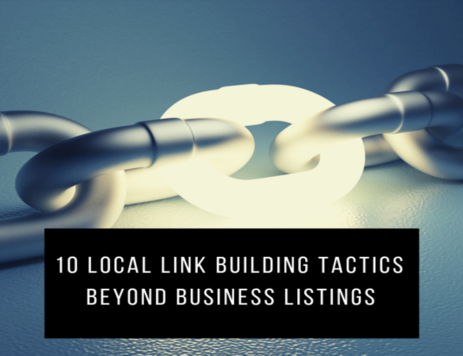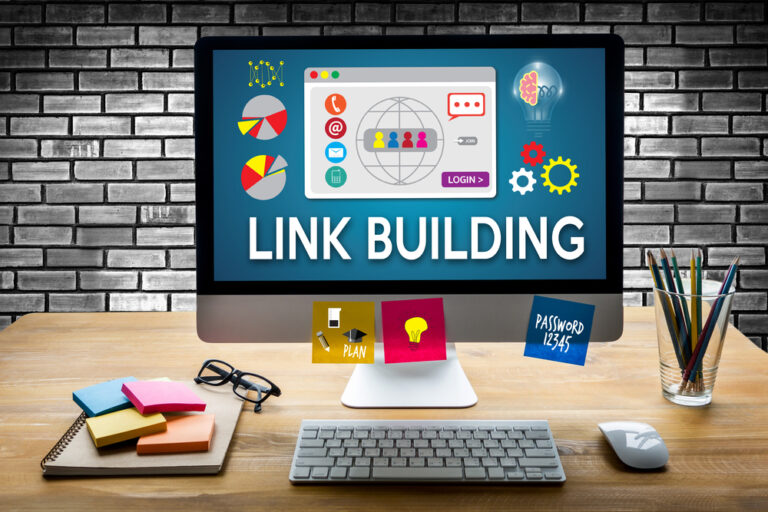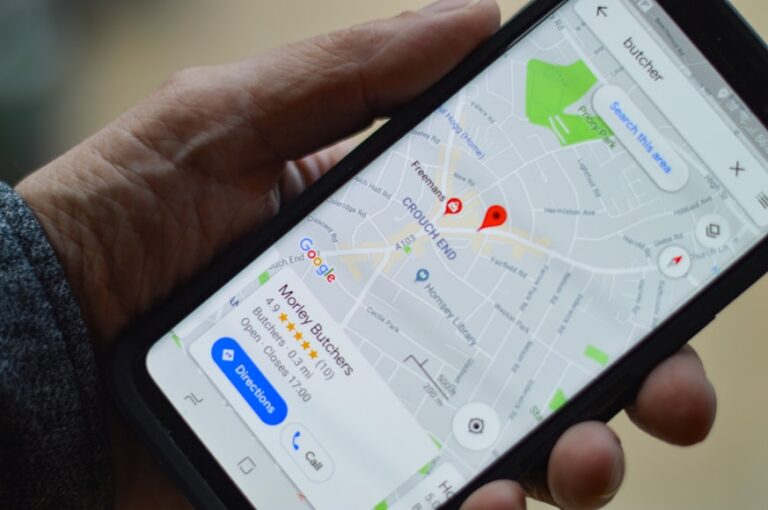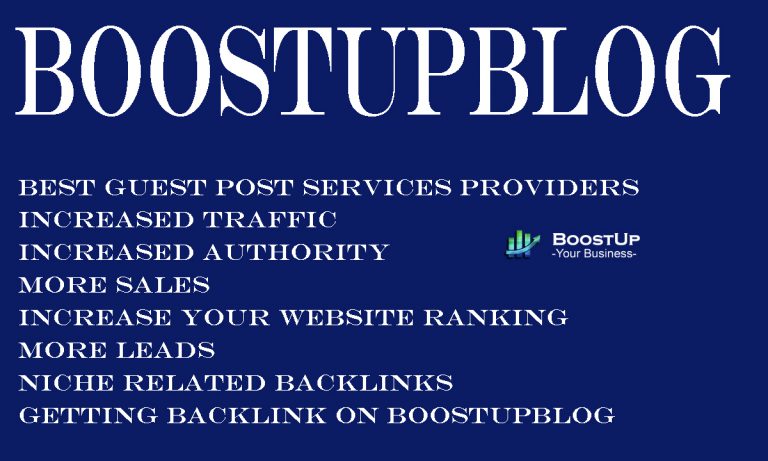SEO vs. SEM: What’s the Difference?
To understand the difference between SEM and SEO, let’s take a look at the desire behind making any website. What exactly do we want from a website? Whether it is a business website or e-commerce, what objective do we want to achieve from its website?
Primarily, we look for two outcomes of any website: First, it should generate traffic or visitors to our website. Secondly, it should bring revenue or generate leads for our business. Both the objectives can be achieved through SEM and SEO.
This post will help you in understanding the difference between both and their usage in placing your business in the top list:
The post will also educate you on the categories of SEO and SEM in detail to have a better understanding of their services and their marketing effectiveness.
Before getting into details, let’s have a look at Google search pages to see how SEO and SEM appear:
SEO and SEM are often used interchangeably, however, the main difference between them is that SEO is an organic tact of increasing visibility and on the other hand SEM is paid.
What is SEO?
SEO or Search Engine Optimization is the process of optimizing your website according to search engine guidelines and structure it in a way that it becomes more visible to your visitors. SEO structured websites are search engine friendly and have more chances to appear in search engine’s top list. The most popular search engines are Google, Bing, etc.
SEO practices allow you to rank your website higher in search results. Broadly it is divided into two categories:
- On-Page SEO: On-page SEO practices focus on activities that are being carried out on individual web pages like page titles, descriptions, Headings, interlinks, image optimization, etc. Other than this, major activity performed in On-page SEO is using relevant keywords in the page content. They may not have a direct relationship with the whole website but can impact the overall ranking of the website.
- Off-Page SEO: Off-page SEO practices affect the whole website and are being carried out off-website page-level e.g. link building with other high-ranking websites, guest blogging, and social media postings, writing blogs, or participating in forums and leaving valuable comments. All put together constitutes a good digital marketing strategy. Aspects such as social amplification, reviews, Brain mention, and most importantly quality links point towards your website remains top activities taken into consideration by search engines while ranking a website.
The common purpose of both On-page and Off-page SEO is to generate traffic and get visibility on search engines through different techniques. On-page optimization mainly drives relevant traffic to your website by making it easier to understand the nature of your website, whereas Off-page optimization helps in improving the overall state of your website and build your business reputation by providing valuable recommendations to other users. On-page SEO follows research practices and Off-page SEO follows backlink research, social media, or influencer marketing techniques.
Well, there is no choice but to use On-page SEO at first to set the solid foundation of your website or business. Without On-Page SEO, it will be difficult to engage and convert relevant traffic to your site. Once you are confident about your On-Page, take your step towards Off-page optimization and engage your visitors which results in ranking your website higher on search engines. So, one cannot opt between the two as both go hand in hand to achieve the desired results.
What is SEM?
SEM or Search Engine Marketing is the process of using paid marketing strategies to optimize your website. SEM is a widely used term that includes SEO and PPC services to rank your website much higher in search engines (SERPs).PPC or pay-per-click marketing is another segment of SEM, which are basically paid ads that allows you to serve ads inside the search engines.
Let’s look at the structure of SEM:
Experts use SEM to advertise your business, products, or services and generate traffic, revenue, and business for you. Like any other marketing activity, search engines also give priority to paid ads and place them at the top of search results in comparison to organic ones.
Top listed activities under SEM are:
- PPC or pay per click
- SEO or search engine optimization
Other than SEO, the top most practice in SEM is running PPC ads to widen your reach and get higher results.
What is the difference between SEO and SEM?
As mentioned above, the major difference between both is that SEO helps in increasing organic traffic to websites and SEM is to bring traffic through paid ads or services. Often people get confused about which one to pick for their business. There cannot be one answer to this, as both of them are equally important depending on your business strategy, growth plans, budgets, and much more.
SEO always helps in structuring your website foundation on which you can plan SEM and you cannot think of SEM without proper SEO implementation. In other words, SEO and PPC put together make SEM. If you want your website, product, service, or business to rank higher at a fast pace you must opt for PPC but that doesn’t mean that you can completely ignore SEO, you would still need to follow the SEO techniques. Both the objectives can be achieved through SEM and SEO. Visit Digitalspotlight.com.au to know more about their digital marketing services.
Key Learnings:
SEO and PPC are part of SEM
Both are important and affect differently depending on your business planning.
SEO prepares the basic structure as per search engine guidelines and SEM markets it.







